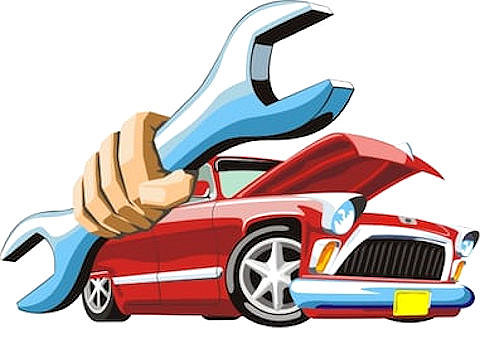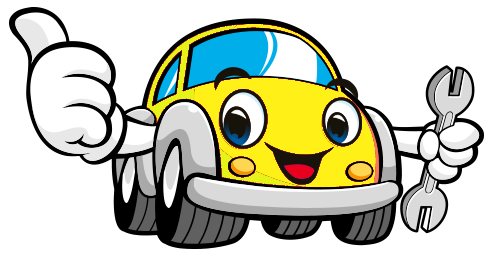

Mobile users:
For best results, view in Landscape mode.

Air Filter:
Check the air filter every other month.
It's recommended that you change your air filter once every 12 months
or 12,000 miles, whichever comes first.
If you live in the city with frequent stop and go traffic, do it more
frequently.
The average engine can suck in thousands of gallons of air per
gallon of fuel.
This air comes straight from the atmosphere, meaning that the inside
of the engine is exposed to all the dirt, bugs, moisture and other
contaminants that come with it.
If your air filter gets too dirty or clogged, your engine won't be
able to suck enough air into the combustion chambers.
The engine will then run rich (too much gas and not enough air).
When this happens, your car will lose power and run roughly.
Your Check Engine light may also come on.
The air filter, along with the other filters ensures that the vehicle is
performing at it's best.
The filter should be clean, not clogged or damaged.
Remove the filter and holding it up to a light will show you
how dirty it is.
If it's really caked with dirt, it obviously needs to be replaced.
Check your owner's manual on how to access the air filter.
Otherwise, you can ask your mechanic to do it for you.

.
Cabin air filters were introduced in cars that were built after the
year 2000.
The cabin air filter is behind the glove box, under the hood or
in the dashboard and cleans the air as it moves through the
vehicle's HVAC system.
Cabin air filters purify the cabin air by trapping dust and other
particles from the air you breathe within the car.
Cabin air filters should be replaced once a year or more frequently
if you are a smoker, in the city or places with poor air quality.
Check your owner's manual on how often to change the filter.
Failing to replace a dirty, clogged filter will impact the efficiency
of the HVAC (heating ventilation and air conditioning)
in your car.
A dirty air filter can also cause musty, unpleasant odors or a whistling
sound coming from your vehicle's vents.
If your car has an unpleasant odor or the airflow has decreased,
replace or have your mechanic replace the cabin filter.
If your vehicle is not equipped with a cabin air filter and you want to
improve the air quality, the following tips may help you.
Vacuum seats and carpeted floor mats to remove dust mites.
Clean up spills quickly to prevent mold from developing.
Wipe dust off of the steering wheel, dashboard, console and
door panels.
Check weather stripping around the doors and windows.
Smoke outside your vehicle when possible.
Avoid the use of air fresheners:
Air fresheners, with which you think you can improve the air in
your vehicle, are actually real pollutants.
They eliminate bad smells, but they increase the concentration
of formaldehyde in your car.


